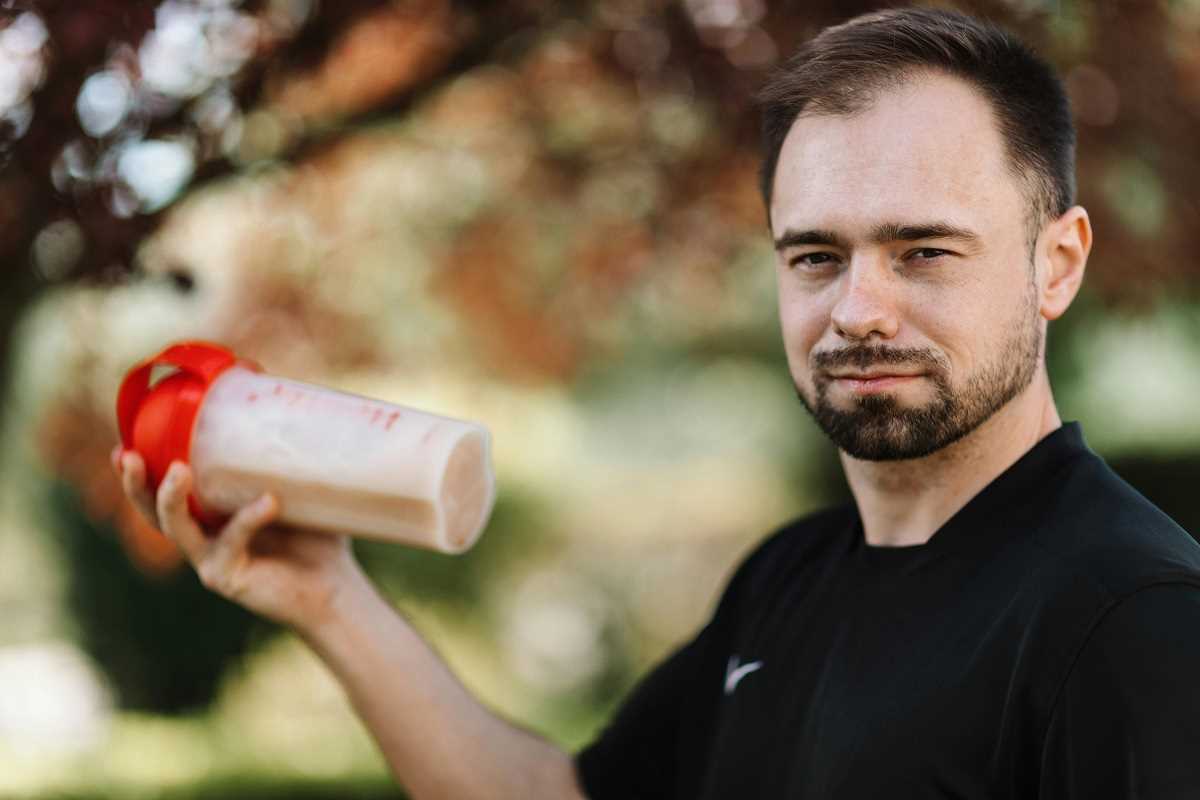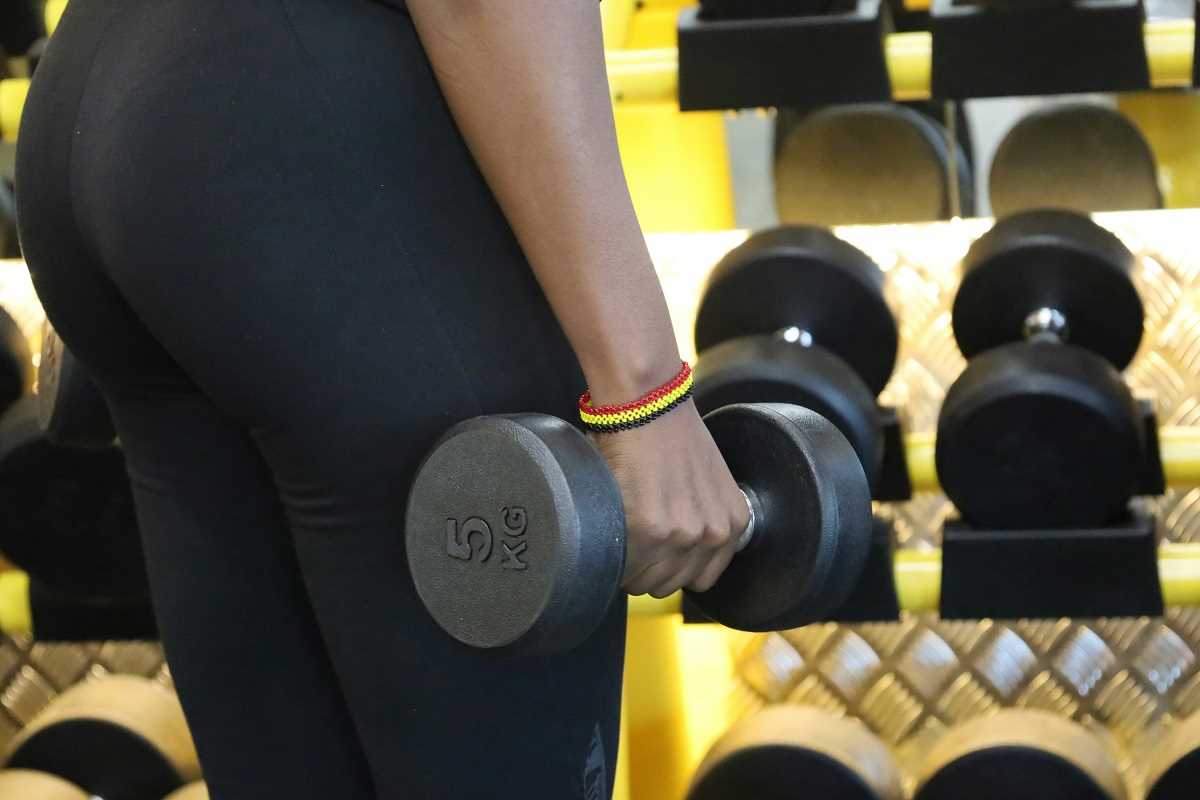If you're a vegan endurance athlete eager to enhance your performance, you might be searching for new and exciting protein sources. Although classic choices such as beans and lentils provide substantial nutrition, there are some lesser-known options that could significantly bolster your dietary routine. Let's explore these hidden plant-based protein gems that promise to not only enrich your meals but also keep you on track to conquer those challenging workouts. Discover how these unique proteins can seamlessly integrate into your lifestyle, offering the energy and strength needed to surpass your fitness goals and stay at the forefront of your game.
The Importance of Protein for Endurance Athletes
Protein plays a crucial role in the life of an endurance athlete. It’s not just about building muscle; it’s about recovery, energy, and overall performance. Here are some key benefits of protein for those who push their limits:
- Muscle Repair: Protein helps repair muscle fibers that get damaged during intense workouts.
- Energy Source: While carbs serve as the primary energy source, protein can also provide a steady energy stream during long endurance events.
- Immune Support: Adequate protein intake supports a healthy immune system, keeping you fit and ready to train.
- Satiety: Protein helps keep you full longer, which can be beneficial for maintaining energy levels throughout the day.
Quinoa: The Complete Protein
Quinoa has gained popularity, and for good reason. It's one of the few plant-based foods that offer a complete protein, meaning it contains all nine essential amino acids that your body can’t produce on its own. This makes quinoa an excellent choice for vegan athletes looking to meet their protein needs.
Besides its protein content, quinoa is also rich in fiber, magnesium, and iron, which are vital for endurance performance. You can easily incorporate quinoa into your meals by using it as a base for salads, adding it to smoothies, or even enjoying it as a breakfast porridge.
Chia Seeds: Tiny Powerhouses
Don’t let their small size fool you—chia seeds pack a powerful protein punch. These tiny seeds are high in protein and loaded with omega-3 fatty acids, antioxidants, and fiber. Chia seeds help sustain energy levels and improve digestion, both of which are important for endurance athletes.
Adding chia seeds to your diet is simple. Sprinkle them on your oatmeal, blend them into your smoothies, or mix them into your favorite energy bars. They absorb liquid and expand, which can also help keep you hydrated during long training sessions.
Hemp Seeds: The Omega-Rich Protein
Hemp seeds serve as another fantastic plant-based protein source that offers additional health benefits. They are rich in omega-3 and omega-6 fatty acids, which are essential for reducing inflammation and supporting heart health—both critical for endurance athletes.
- Nutritional Benefits:High in complete protein with all essential amino acids.
- Packed with essential fatty acids and vitamins.
- Contains minerals like magnesium, which aids in muscle function.
- Ways to Integrate:Add hemp seeds to your morning smoothie for a protein boost.
- Sprinkle them over salads or yogurt for added texture and nutrition.
- Incorporate hemp protein powder into your post-workout shakes.
Spirulina: The Algae Protein
Spirulina is a type of blue-green algae that people have used for centuries as a protein supplement. It’s incredibly nutrient-dense, offering a high protein content along with vitamins B1, B2, B3, copper, and iron. Spirulina can enhance endurance by improving muscle strength and reducing fatigue during prolonged exercise.
You can easily add spirulina to your diet by mixing it into your smoothies, juices, or even incorporating it into energy bars. Its slightly earthy taste can be masked with fruits and other flavorful ingredients, making it a convenient addition to your nutrition routine.
Exploring Little-Known Plant-Based Protein Sources
While quinoa, chia, hemp seeds, and spirulina are fantastic, other lesser-known plant-based proteins can further enhance your diet. Exploring these options can give you a competitive edge in your training and performance.
Beyond the Basics: Other Hidden Protein Sources
Several other plant-based proteins may catch the attention of many athletes. Foods like teff, amaranth, and buckwheat offer high protein content along with essential nutrients. Teff, an ancient grain from Ethiopia, is rich in protein and provides calcium and iron. Amaranth is another ancient grain that’s highly nutritious and supports muscle growth and recovery.
Buckwheat is another fantastic option, especially for those who are gluten-free. It provides a good amount of protein and is also rich in antioxidants, which help reduce muscle soreness and improve overall recovery time.
Legumes and Pulses: Beyond the Common Beans
While beans and lentils are well-known, exploring other legumes and pulses can diversify your protein intake. Lupini beans, for example, are high in protein and fiber while being low in fat. You can eat them as a snack or add them to salads and stews. Another great option is chickpeas, which you can turn into hummus, falafel, or roast for a crunchy snack.
Edamame, young soybeans, serve as another versatile and protein-packed option. You can steam them, add them to stir-fries, or enjoy them as a standalone snack. These legumes provide protein along with essential vitamins and minerals that support overall health and endurance performance.
Seitan: The Wheat-Based Protein
Seitan, also known as wheat gluten, serves as a popular protein source among vegan athletes due to its high protein content and meat-like texture. It’s incredibly versatile and can fit into a variety of dishes, making it a great substitute for meat in your meals. Whether you’re making stir-fries, sandwiches, or stews, seitan can add a satisfying protein boost to your diet.
One of the great things about seitan is that it absorbs flavors well, so you can season it to match the cuisines you love. It’s low in fat and can help you meet your protein requirements without consuming too many calories.
Nut and Seed Butters: Smooth Protein Additions
Nut and seed butters like almond butter, peanut butter, and sunflower seed butter are not only delicious but also packed with protein. These spreads are easy to incorporate into your diet and can serve in a variety of ways. Spread them on whole-grain toast, add them to smoothies, or use them as a dip for fruits and vegetables.
These butters also provide healthy fats, which are essential for sustained energy during long endurance events. They help keep you full and satisfied, reducing the need for frequent snacking and maintaining your energy levels throughout the day.
Spirulina: The Algae Protein
Spirulina isn’t just great for protein; it’s also a powerhouse of essential nutrients. This algae is rich in B vitamins, iron, and manganese, which are crucial for energy production and muscle function. Including spirulina in your diet can help improve your stamina and reduce recovery time after intense workouts.
To make spirulina more palatable, mix it into your favorite beverages or incorporate it into energy balls and bars. Its versatility makes it easy to add to your daily routine without compromising on taste or nutrition.
Incorporating diverse plant-based proteins can enhance endurance and performance, providing essential nutrients for athletic success. Embrace these options to elevate your training and stay competitive.
 (Image via
(Image via





